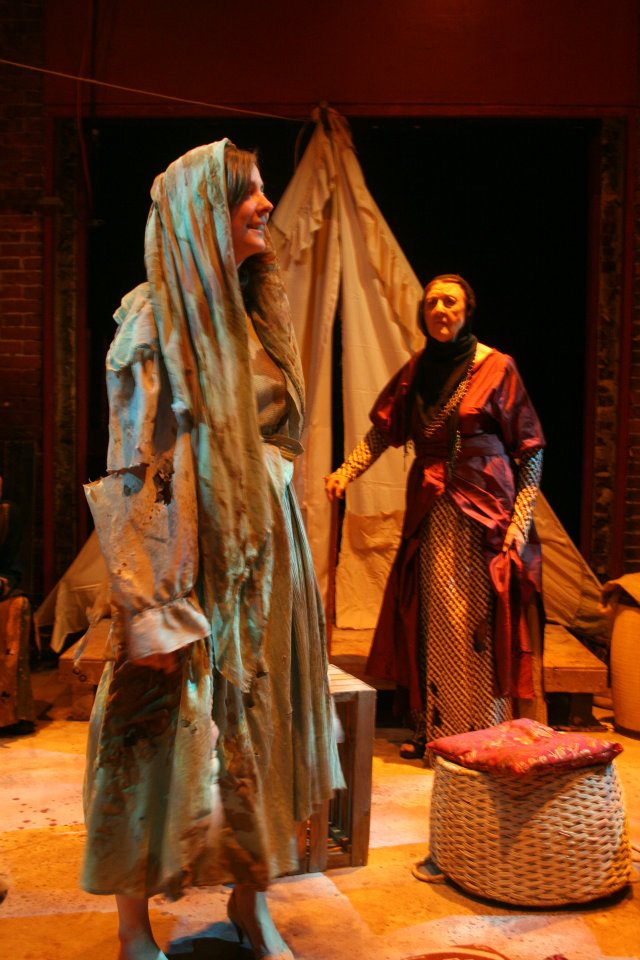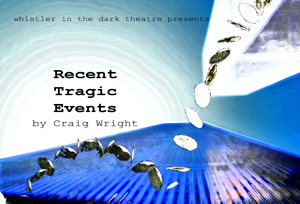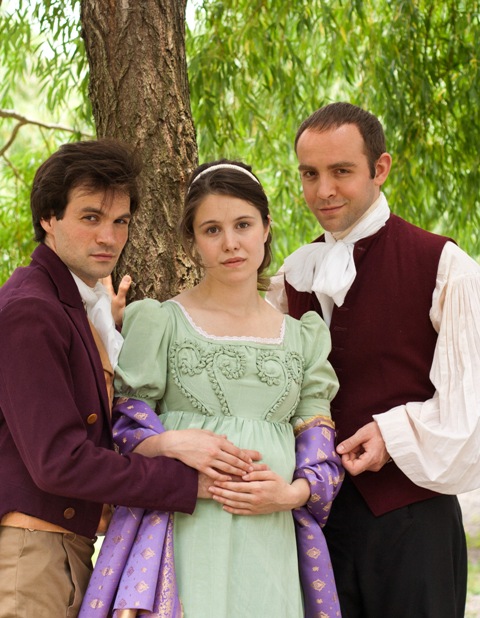Trojan Women by Euripides,
Whistler in the Dark,
The Factory Theatre,
5/18/12-6/2/12, http://www.whistlerinthedark.com/productions/trojanwomenprod.html.
Reviewed by Anthony Geehan
(Boston, MA) The end of war is something that is looked on as a celebratory event. Images of servicemen returning home, country’s flags being raised, and a collective sigh of relief from the population are the usual symbols that are associated with victory. There is however always a losing side in a war who must deal with a devastated homeland, a shamed or exterminated army, and the loss of everything their civilization was or could ever be. Continue reading


